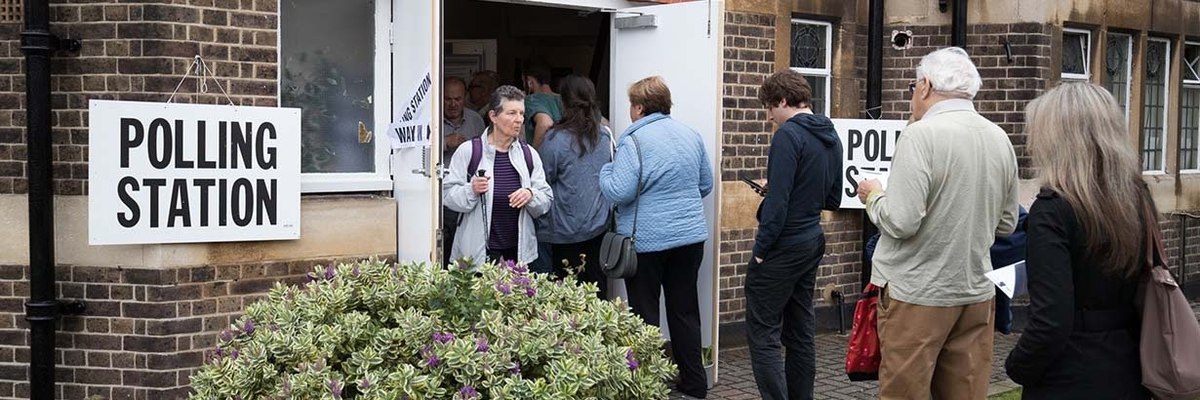Most only became certain of how they would vote in the last fortnight of the campaign
Regardless of what the opinion polls say going into an election or how long they’ve said it, politicians will always be quick to respond that nothing is set in stone, it can all change during the campaign. This is not without reason – most voters don’t definitively make up their minds until polling day is in sight, and as recent elections have shown, this can lead to them creating surprise shifts during the campaign.
Back in May, when this year’s election was called, there was room for this again. YouGov tracker data compiled over the course of the election campaign shows that only 43% of Britons had, at that point, definitely made up their mind and weren’t going to change how (or whether) they voted. A further 23% said they were unlikely to change their mind over the next six weeks, leaving a crucial 35% of Britons unsure of their polling day behaviour or open to changing their minds.
The first four weeks of the campaign did not create much movement on this front – the proportions of voters still harbouring some uncertainty of which way to go remaining steady until mid-June. It was only during the final fortnight of the campaign, once some had already started voting by post, that people’s voting intentions seemingly began to solidify. By the eve of polling day, with one in six (18%) Britons saying they had already voted, the number unsure or likely to change their minds had fallen to 15%.
Of course, not all voters made their minds up at the same time – different party campaigns will have triggered different reactions and some will have been convinced for tactical reasons that may only have become evident weeks into the election.
Nigel Farage’s entrance into the campaign at the start of June, for instance, clearly triggered something of a shoring up of Reform UK’s support. Despite no increase among all Britons definitely making their mind, the proportion of those intending to vote Reform who were certain in their choice increased from 45% to 54% after Farage announced his return as leader, putting Reform voters more on a par with supporters of the two larger parties. By the end of the campaign, they were marginally the most definite in their vote.
Those leaning towards the Lib Dems and Greens took longer to become firm in their choice, with Lib Dem supporters only beginning to attain a similar level of certainty to those supporting the Conservatives and Labour in the final week of the campaign. Even on the eve of polling day, four in ten (40%) Green supporters were not concrete in their vote. This fits with the evidence that Lib Dem and Green voters were the most likely to feel pressure to vote tactically.
See the full results here
What do you think about voting, British politics in general, and everything else? Have your say, join the YouGov panel, and get paid to share your thoughts. Sign up here.
Photo: Getty







